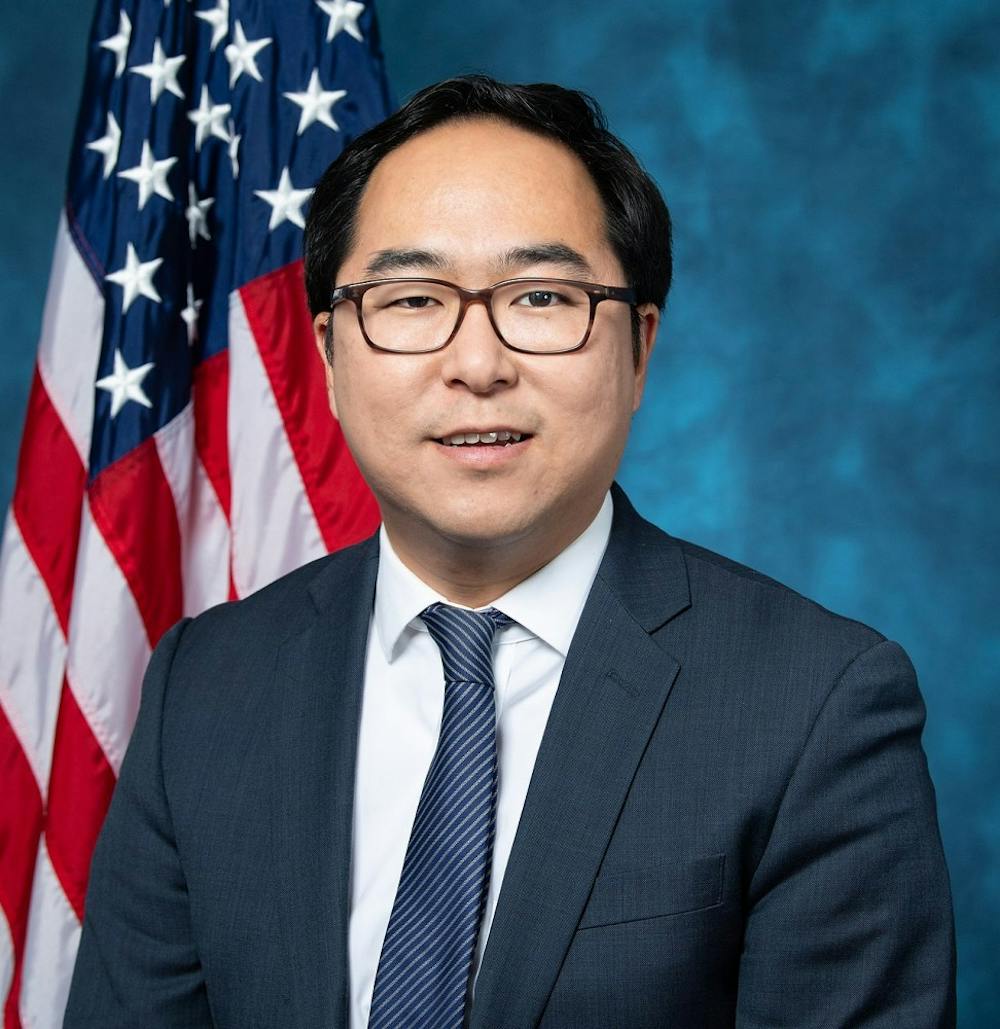I was sleeping in my car as we traveled through the town of Mount Laurel, N.J., going from the I-295 onto the New Jersey Turnpike. We made this transfer every time I traveled between home and Hopkins, and on the surface, nothing has changed. The same hotels and stores by the same roads basked in the glow of the same sun.
Yet something was different this time. A quiet revolution has begun.
In 2014, New Jersey’s third congressional district, the district Mount Laurel is located in, elected Republican Tom MacArthur as its representative. MacArthur, who is best known for trying to gut protections for people with pre-existing conditions, had represented the district every time I crossed it, from when I travelled for SOHOP to when I last returned home for winter break.
On Jan. 3, three days before my return to Hopkins, the 116th Congress was sworn in. Its Democratic freshman class is the most diverse in history. (The Republican freshmen, alas, are as white and male as ever.) Among them is a young man named Andy Kim, who ran on a message of defending his constituents’ healthcare and defeated MacArthur by three thousand votes.
Kim, a Rhodes Scholar and former National Security Council official, is one of two Asian Americans among the freshmen; the other is Californian TJ Cox, who is of Chinese and Filipino descent. He is now the second Korean American to serve in Congress and the first Asian-American representative from New Jersey.
At 10 percent of New Jersey’s population, Asians have a significant presence in the state, especially in enclaves like south Bergen County, which has the highest concentration of Korean Americans in the country. But Kim is not from these enclaves. Rather, he was born in Marlton, a South Jersey town that was in 2010 six percent Asian and 87 percent white; the third congressional district as a whole was only three percent Asian.
While some Asian Americans live in so-called “Asian bubbles” like Bergen County, where Asian cultures and identities are normalized, others grew up in places where they are a clear minority, different because of who they are. This was the experience of Andy Kim.
I should know. While I was fortunate that my Central Jersey township is a mix of different races and ethnicities, I could count the number of Chinese and other East-Asian students in my high school on my two hands. As such, I had to face all sorts of jokes growing up: jokes about kung-fu, jokes about eating dogs and cats, jokes about being nothing more than a math nerd. Sometimes it was meant to be light-hearted; other times it was decidedly not.
Nor does the racism go away after school, as the world saw during the Kim-MacArthur race. If Kim were white, would the New Jersey GOP send out mailers spelling out his name in a stereotypically “Asian” font? Subtler yet no less insidious were the Republican ads saying that said Kim was “not one of us” despite growing up in the district.
Indeed, racism was prominent throughout the 2018 midterms, as candidates of color were painted as “big city rappers” and “security threats” with terrorist ties. To be a minority, especially outside the enclaves, meant to be defined by these stereotypes, to be a perpetual foreigner who could never be “one of us.”
Yet Kim and Cox (whose district is 3.4 percent Asian and 71 percent Hispanic) ran for Congress and won. So did fellow freshmen like Native American Sharice Davids and African Americans Lauren Underwood and Antonio Delgado, who all ran in districts north of 80 percent white.
None of those people looked like their average constituent, yet it was they who their voters chose. It was they who were selected to represent their communities in Congress. For the millions of Americans who grew up being different, these stories are inspirational. Some will be inspired to run for Congress, but even for those who won’t, these victories still resonate.
Looking back, I may look different from most people in my township; I may not share their ethnicities or family histories. Yet I still grew up there; I still share their culture. And for every moment I encountered hate from those who thought I didn’t belong, I found love from those who did: those who voted for me when I ran for prom king and those who clapped for me during my valedictorian speech, classmates who I studied with and musicians who I practiced with, friends I had shared my hopes and dreams with over the years and decades.
Kim and his fellow Democrats will have a lot on their plates, but I wonder how often he takes the time to think about his place in Marlton and New Jersey and America. For both him and I are part of a quiet revolution, a revolution in what it means to represent our communities, what it means to be American, what it means to be “one of us.”





